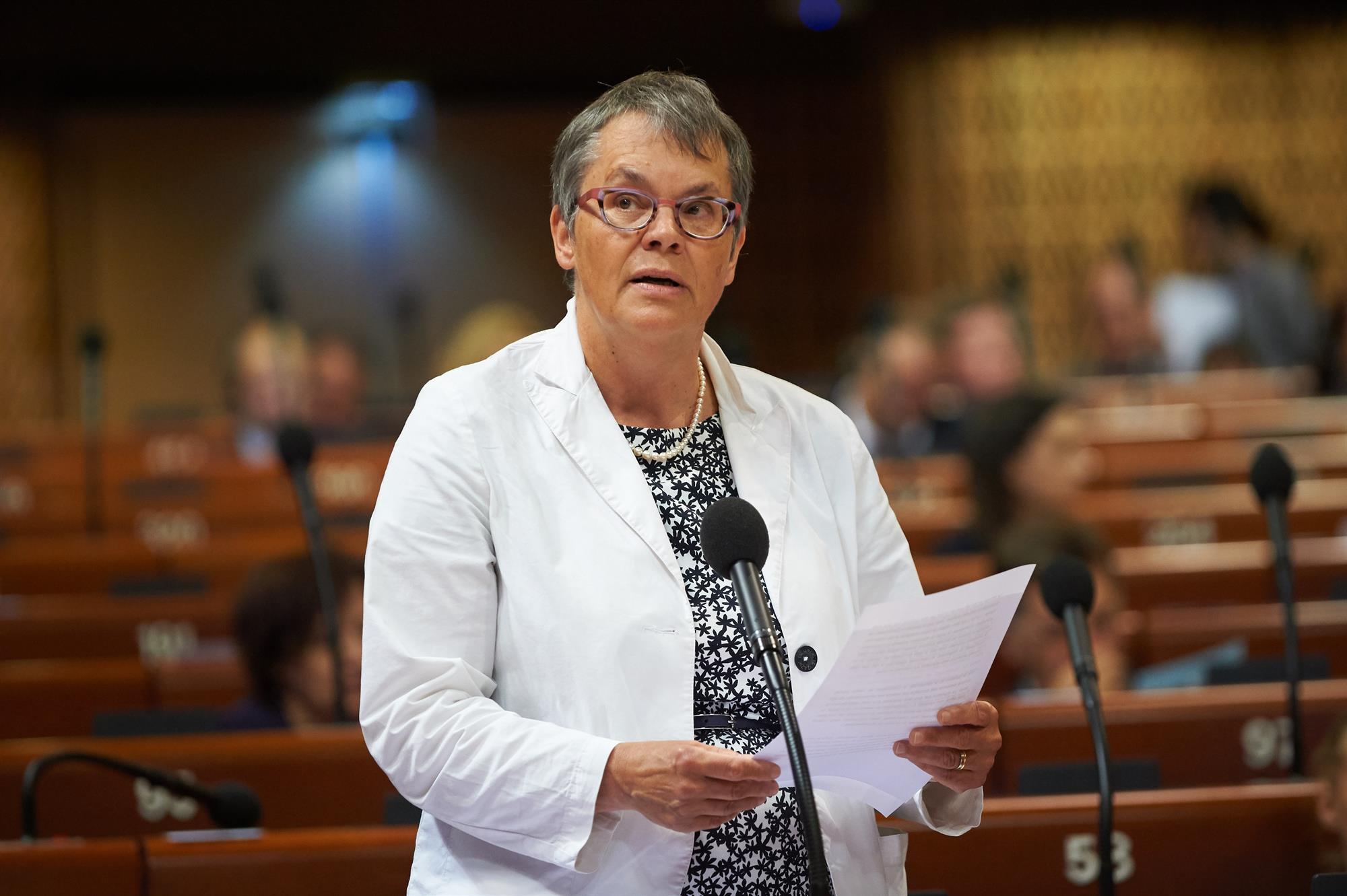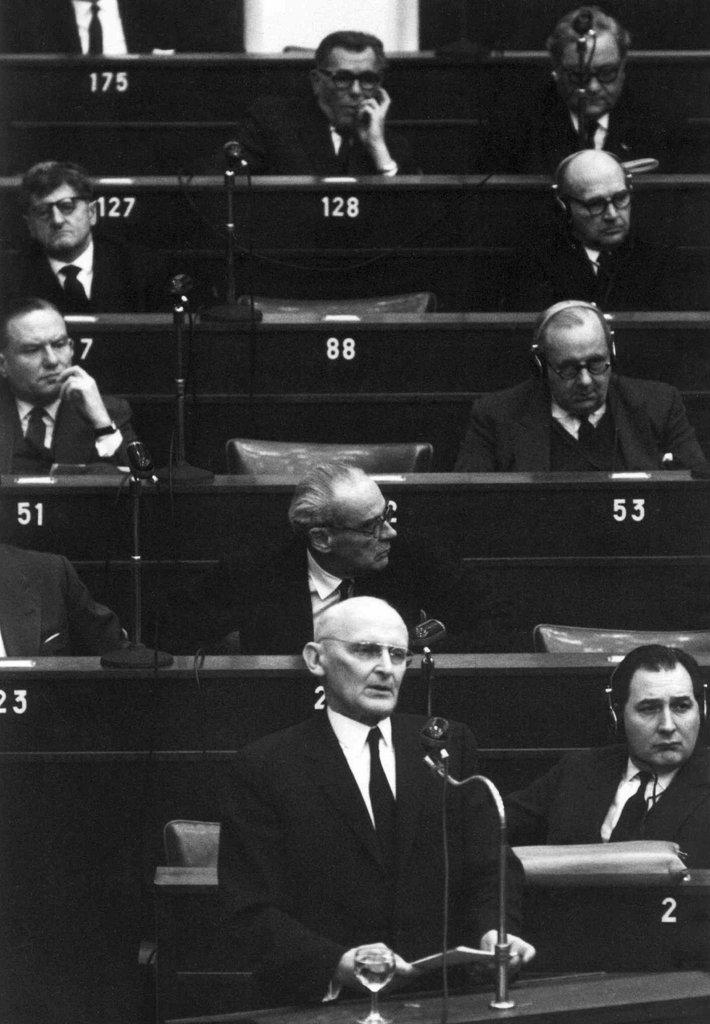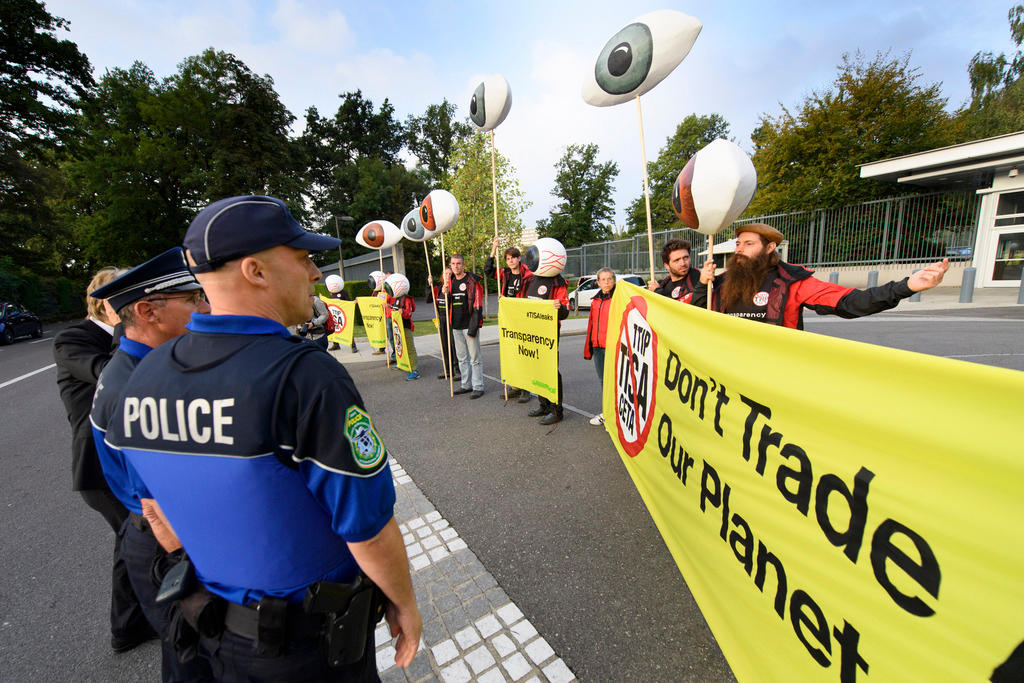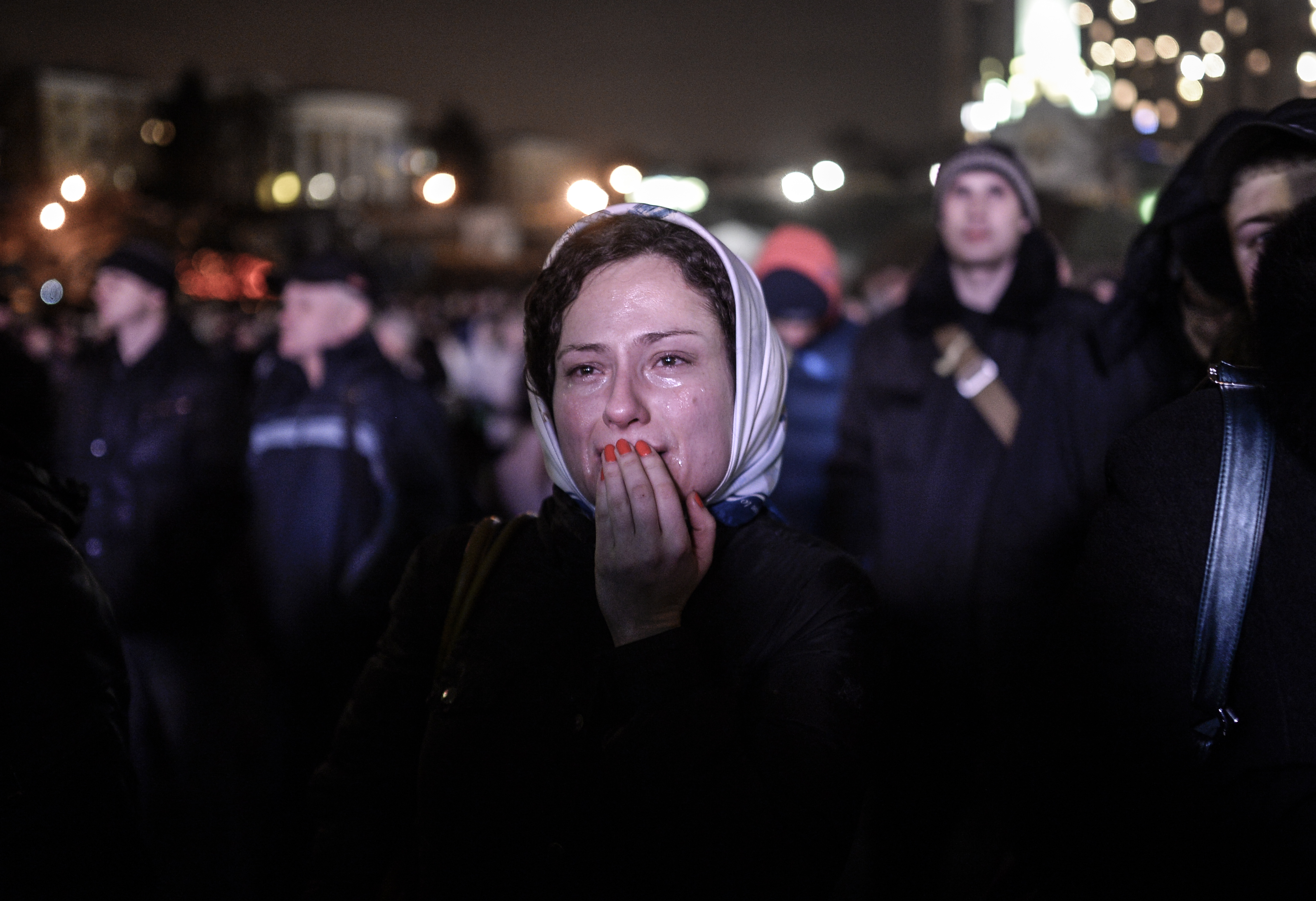Swiss elected to lead Council of Europe body in tough times

Rocked by a corruption scandal which saw members accused of accepting bribes in exchange for votes and hampered by financial difficulties, the Parliamentary Assembly of the Council of Europe (PACE) has elected Swiss Liliane Maury Pasquier as president to steer it through its current difficulties.
The so-called “caviargate” scandal revealed a “strong suspicion” that Azerbaijan had attempted to bribe parliamentarians with gifts or cash to change their votes on a 2013 report denouncing that country’s treatment of political prisoners. Despite the results of this investigation and other measures taken by its members to insulate itself from corruption, Pasquier External linksays the PACE External linkhas yet to recover the full confidence of the people in the wake of the scandal.
Switzerland joined the 47-member state PACE in 1963. Rules of the Assembly stipulate that only parliamentarians duly elected in their home countries can be elected to the body. Pasquier is the fourth female to preside over the assembly since its creation in 1949 and was elected in June after Italian Michele Nicoletti was forced to resign following his loss in the most recent Italian elections.
swissinfo.ch: Does the beginning of your presidency risk being overshadowed by the after effects of “caviargate”?
Liliane Maury Pasquier: The problems that were revealed have been largely resolved. But it is true that the Assembly must absolutely regain its credibility within the other bodies of the Council of Europe and with the citizens represented by these parliamentarians.
This affair surprised us because our assembly only makes recommendations. None of our decisions are immediately applicable. Hence the astonishment at this desire to corrupt and influence. At the same time, caviargate demonstrates that even in such a forum, the States attempt to massage their image by trying to influence parliamentarians. In fact, the Parliamentary Assembly elects the judges of the European Court of Human Rights.
The other factor which weighs on this institution relates to financial issues. For several years the Council, including the Court, has had a zero-growth budget, despite its costs increasing. To that is added the disengagement of Turkey, which had become in recent years a large contributor at its own request (from €33 million to about €13 million).
For its part, Russia has boycotted the Assembly and suspended the entirety of its payments to the organisation for a year. Until now, no other member state has been willing to compensate these losses.
swissinfo.ch: So these crises demonstrate that the question of human rights is important, especially for the countries who respect them the least…
L.M.P.: Exactly. These countries might say otherwise, but their decisions towards the Council reveal what they really think.
swissinfo.ch: And the countries of Western Europe, why don’t they give more? Is that act itself proof of their disinterest?
L.M.P.: There is a general trend of suspicion or disengagement with respect to international organisations. Because of budgetary difficulties, no state seems ready to increase its financing of such bodies. Switzerland, for example, is debating the so-called foreign judges initiative of which one of the targets is the European Court of Human Rights. So, each country has its reasons for not compensating the financial loss.
So yes, it’s a complicated situation, dangerous even, as we are going to celebrate the 70th anniversary of the Council of Europe next year which is an occasion to recall with strength the importance of the Council for all European citizens.
swissinfo.ch: Is the Council of Europe, its Parliamentary Assembly and the Court of Human Rights a security blanket in the face of the crises being experienced by liberal democracies?
L.M.P.: Yes. The Council represents a group larger than the European Union and the same movements of defiance are being expressed a little everywhere, including in relation to the independence of the judiciary. Many voices stress the crisis of values on which Europe has been built since the end of the Second World War. And this [comes] after a period of euphoric democracy following the fall of the Berlin Wall. This return of the nation state in relation to economic globalisation is a common trend. We are all in the same boat.
In these conditions, if there is a body that can reaffirm these values and basic principles, it is the Council of Europe. But for that, it needs to be credible.

swissinfo.ch: Is there a risk of marginalisation of the Council of Europe?
M.L.P.: The risk exists. But is not greater today than it was yesterday. We must nevertheless commit ourselves to defending the values of the Council, which is not always easy. In effect, to sit in the Assembly, you must be a national parliamentarian and delegated by your parliament. The idea is to guarantee a line between national parliamentarians and the Assembly. But is its difficult to fulfill this obligatory double mandate. It’s difficult to avoid scheduling conflicts, when the priority is given to the national mandate. Especially in Switzerland, for example, where the populists regularly accuse Swiss parliamentarians of travelling too much.
swissinfo.ch: What is Switzerland’s image within the Council of Europe?
L.M.P.: Generally, the Swiss have a good reputation in Strasbourg because they are actively engaged, all parties included. Therefore, in the context of ending the crisis in the Assembly, a Swiss presidency is interesting because of our reputation for seriousness and active neutrality.
Founded in 1949 and based in Strasbourg, France, the Council of Europe has 47 members representing a total population of more than 800 million people.
Its mission is to uphold human rights, democracy and the rule of law. To do so, the Council of Europe comprises the following bodies: the European Court of Human Rights, the Committee of Ministers made up of the foreign ministers of the 47 member states, the Congress of Local and Regional Authorities of Europe, the Conference of International Non-Governmental Organisations and the Parliamentary Assembly with its members elected by the national parliaments.
The Swiss delegation to the Parliamentary Assembly includes six members, and six substitutes. The Assembly consists of 324 parliamentarians from the parliaments of its 47 members.

In compliance with the JTI standards
More: SWI swissinfo.ch certified by the Journalism Trust Initiative











You can find an overview of ongoing debates with our journalists here . Please join us!
If you want to start a conversation about a topic raised in this article or want to report factual errors, email us at english@swissinfo.ch.